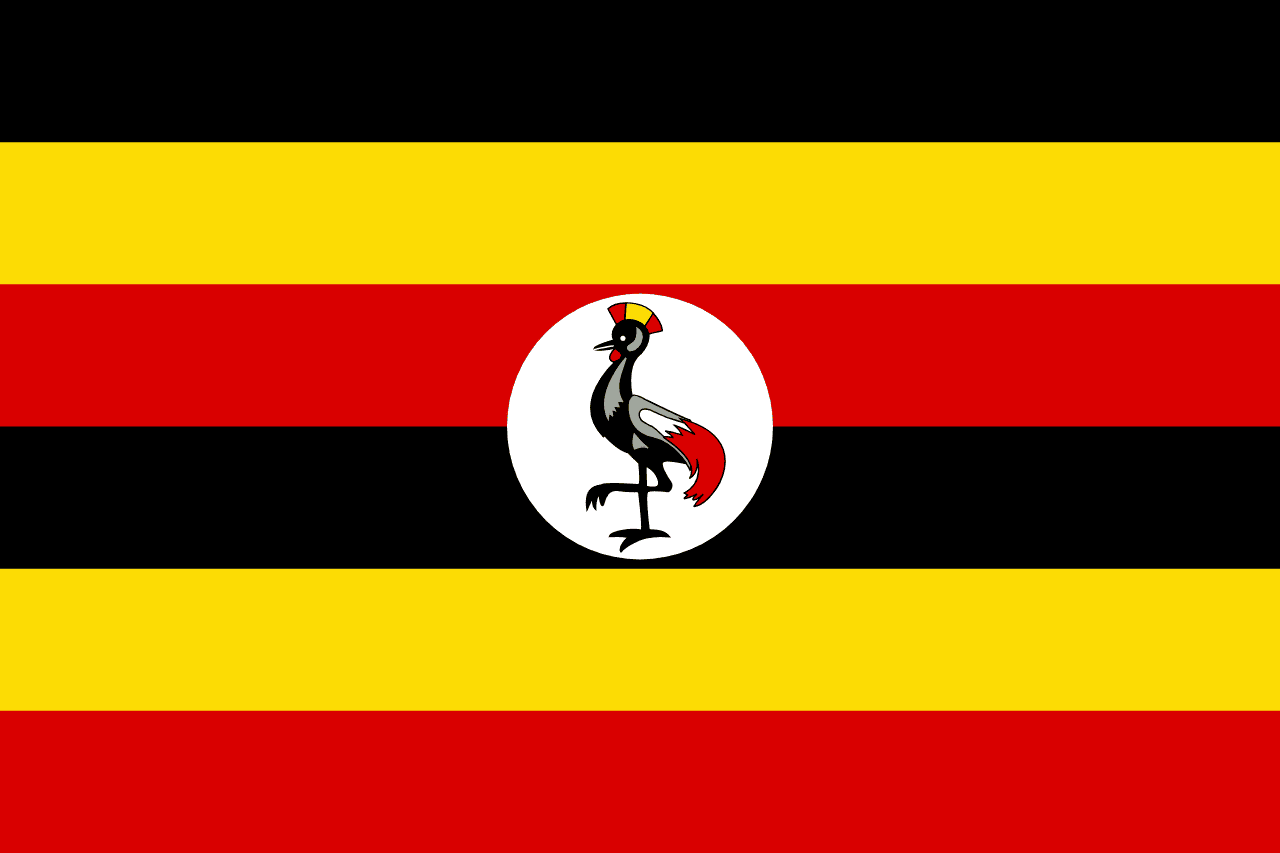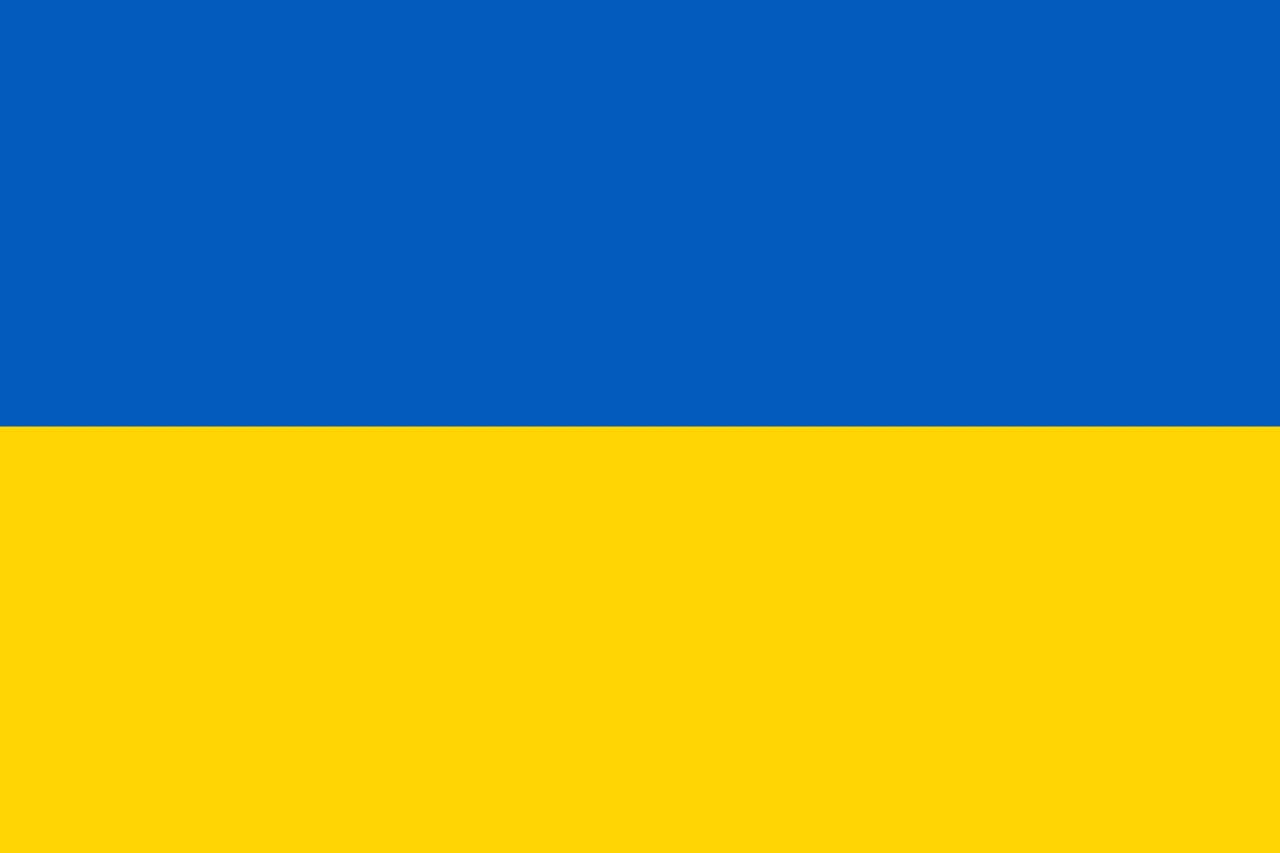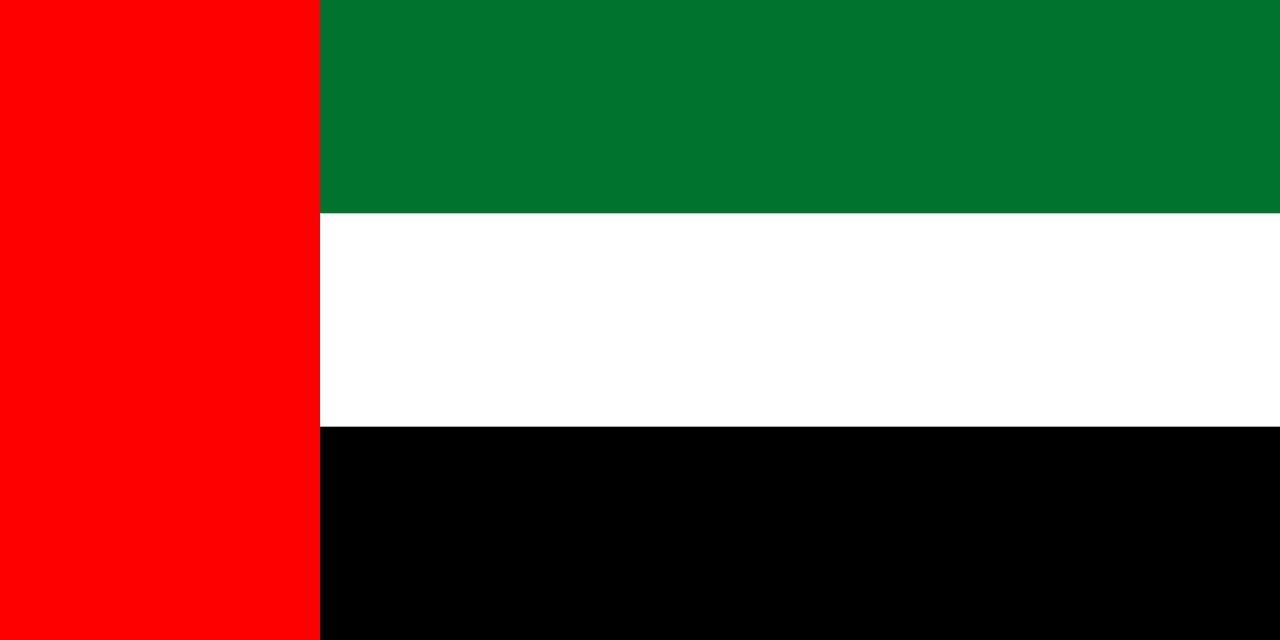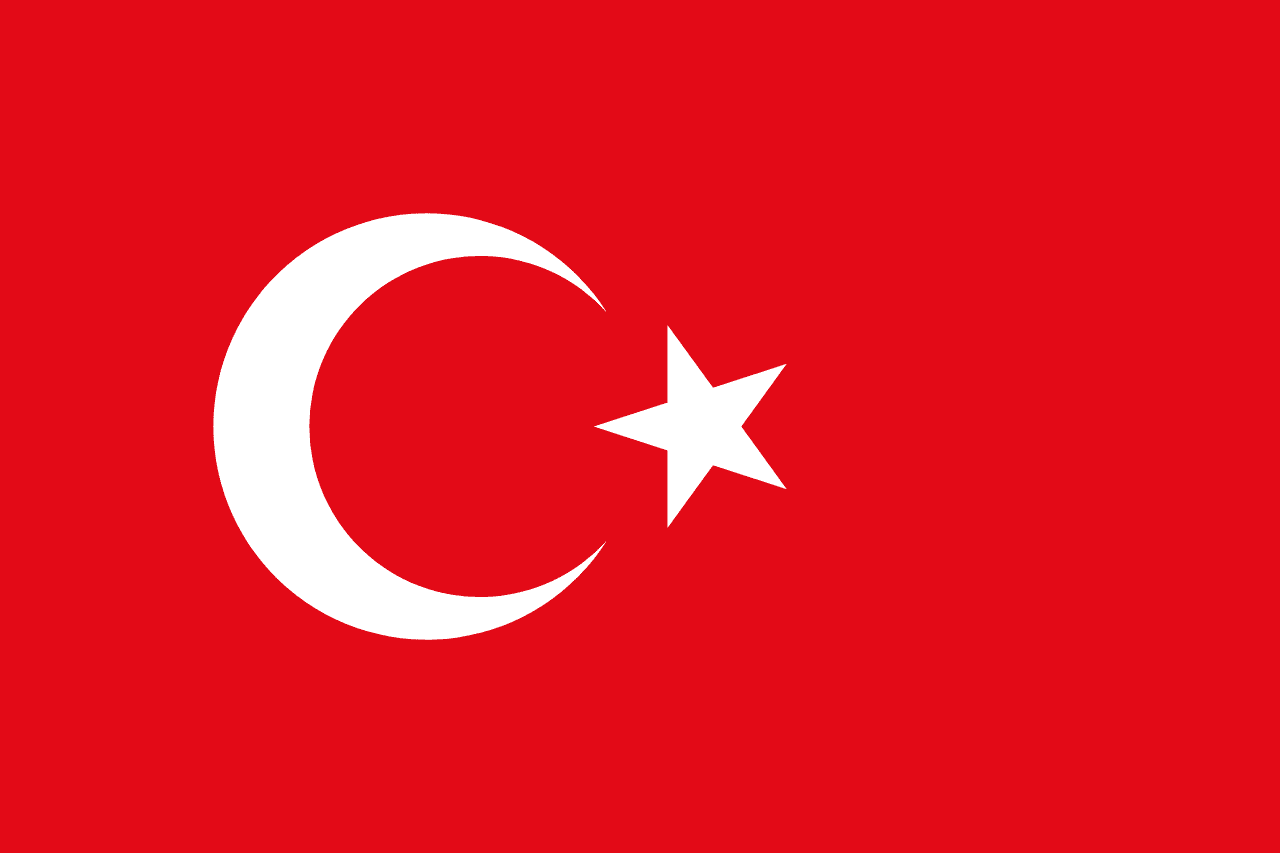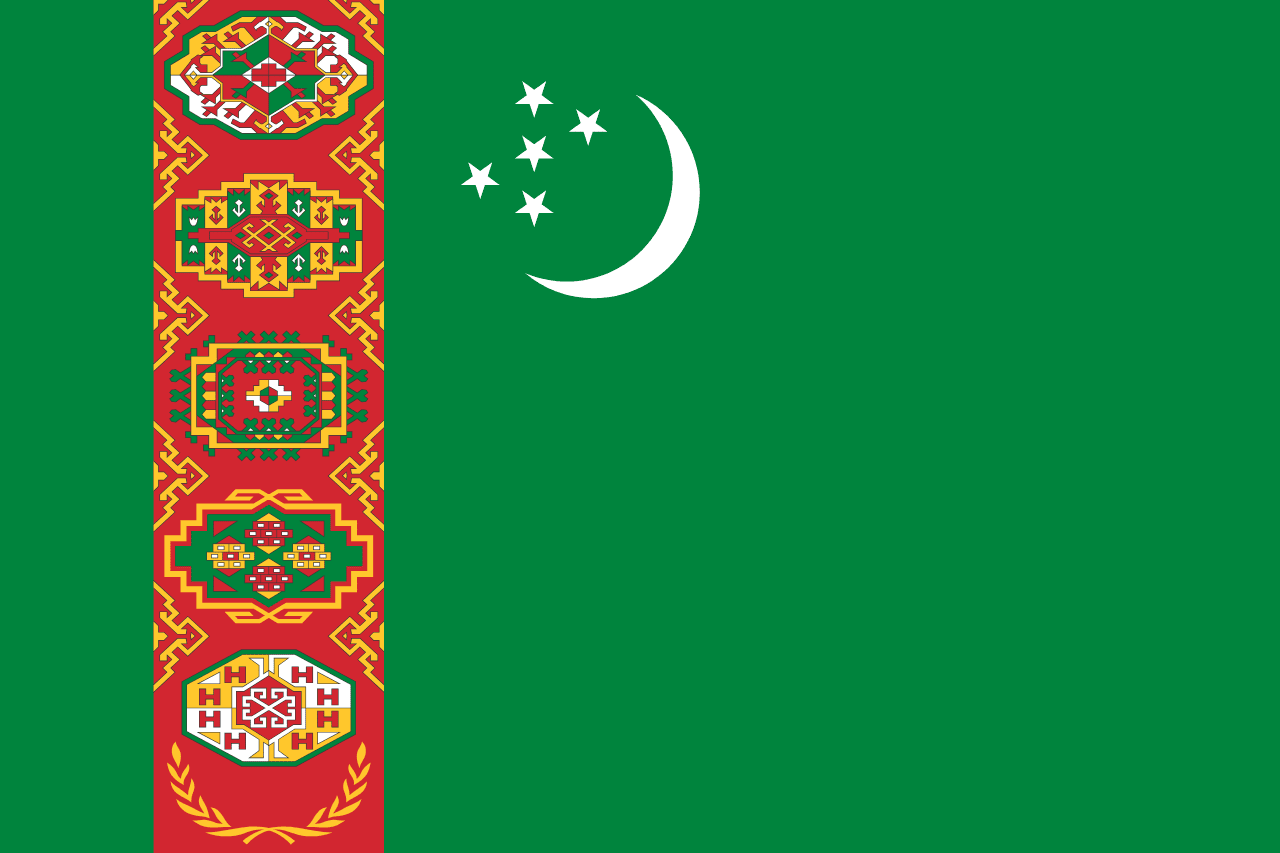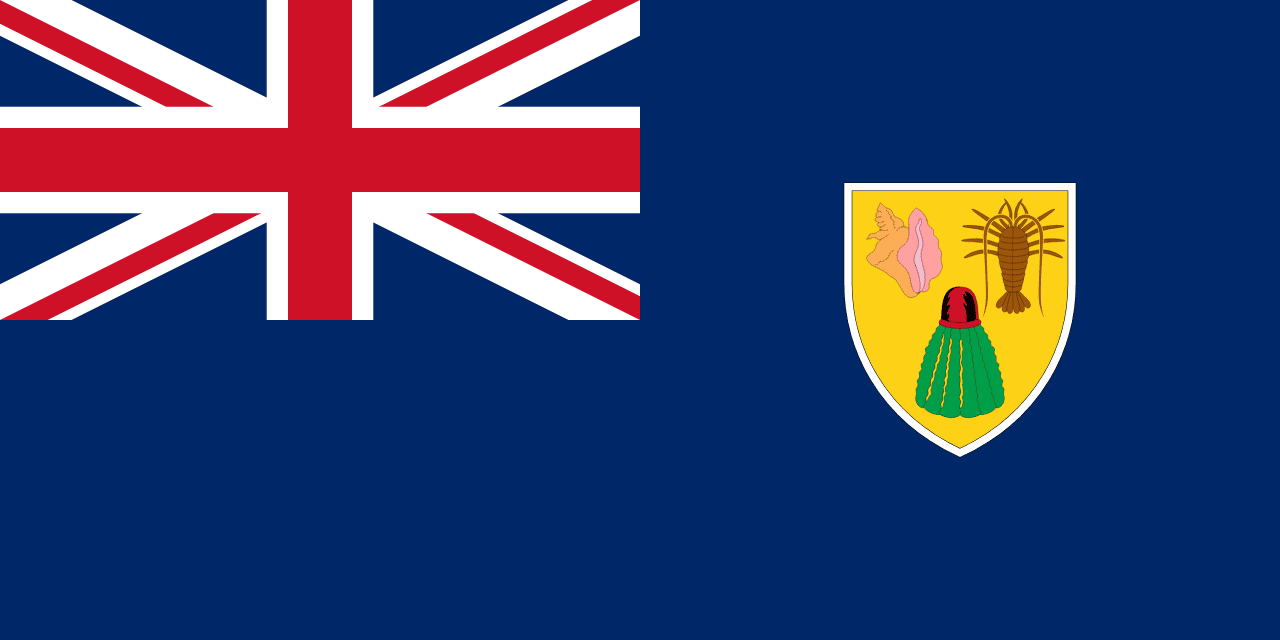The flag of Tuvalu features a light blue field with the Union Jack in the upper hoist-side quarter, and nine yellow five-pointed stars arranged in the pattern of the islands' geographical layout in the fly half. This design represents Tuvalu's historical ties to the United Kingdom while showcasing its unique identity as a Pacific island nation.
Tuvalu information
| National Flag Day | — |
| Sovereign state | Yes |
| Official name | Tuvalu |
| Capital | Funafuti |
| Population | 11,792 |
| Area | 26 km² |
| Currency | Tuvaluan dollar (TVD) |
| Language | Tuvaluan, English |
| Continent | Oceania |
| Region | Polynesia |
| Subregion | — |
| Borders | — |
| Timezone | Tuvalu Time (TVT) UTC+12 |
| Calling code | +688 |
| Top-level domain | .tv |
History of the Tuvalu flag
 The current flag was officially adopted on October 1, 1978, when Tuvalu gained independence from the United Kingdom. It replaced the colonial flag that had been used when Tuvalu was part of the Gilbert and Ellice Islands colony. The design was chosen to reflect Tuvalu's new status as an independent nation while maintaining a connection to its British colonial past.
The current flag was officially adopted on October 1, 1978, when Tuvalu gained independence from the United Kingdom. It replaced the colonial flag that had been used when Tuvalu was part of the Gilbert and Ellice Islands colony. The design was chosen to reflect Tuvalu's new status as an independent nation while maintaining a connection to its British colonial past.
Symbolism and design of the Tuvalu flag
Each element of the Tuvalu flag carries specific meaning:
- The light blue field represents the Pacific Ocean, which surrounds Tuvalu and plays a crucial role in the nation's life and culture.
- The Union Jack in the upper hoist-side quarter symbolizes Tuvalu's historical ties to the United Kingdom and its status as a member of the Commonwealth of Nations.
- The nine yellow stars represent the nine islands and atolls that make up Tuvalu: Nanumea, Niutao, Nanumanga, Nui, Vaitupu, Nukufetau, Funafuti, Nukulaelae, and Niulakita.
- The arrangement of the stars reflects the geographical layout of the islands, with eight stars in an arc and one star below, representing Niulakita, the southernmost island.
Usage and significance of the Tuvalu flag
 The flag is flown on government buildings, schools, and during official ceremonies throughout Tuvalu. It serves as a symbol of national identity, unity, and pride. The flag is also used to represent Tuvalu in international forums, sporting events, and diplomatic occasions. It is a powerful reminder of Tuvalu's unique culture and its place in the Pacific community of nations.
The flag is flown on government buildings, schools, and during official ceremonies throughout Tuvalu. It serves as a symbol of national identity, unity, and pride. The flag is also used to represent Tuvalu in international forums, sporting events, and diplomatic occasions. It is a powerful reminder of Tuvalu's unique culture and its place in the Pacific community of nations.
Interesting facts about the Tuvalu flag
- Tuvalu is one of the world's smallest and most remote countries, with a total land area of just 26 square kilometers (10 square miles) spread across nine islands.
- The country is particularly vulnerable to the effects of climate change and rising sea levels, which threaten its very existence.
- Tuvalu's internet domain ".tv" is a valuable asset and a significant source of revenue for the country.
- The flag's design has been subject to debate, with some proposals to remove the Union Jack to assert greater independence, but these have not been adopted.
- Tuvalu's national anthem, "Tuvalu mo te Atua" (Tuvalu for the Almighty), reflects the country's strong Christian faith, which is also an important aspect of its national identity.
